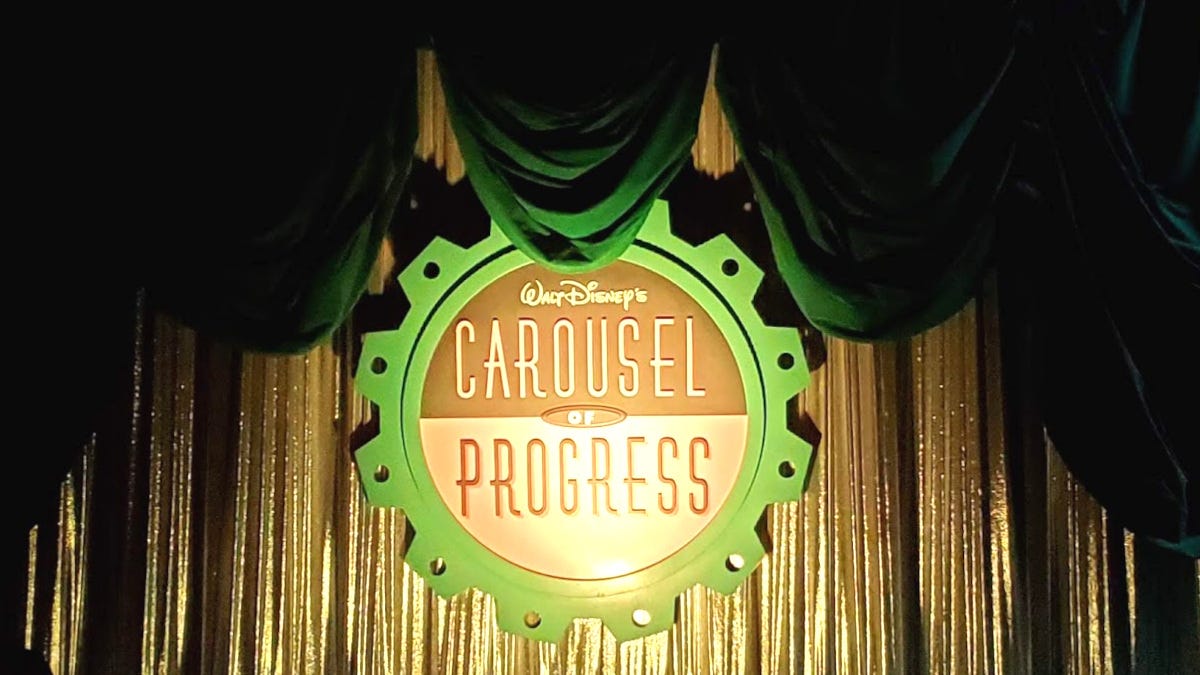Making more out of less
On the weight of a 1975 Ford pickup, the problems of fast fashion, and the need to keep adults current on what they know rather than what they have
An aspect of economic progress that rarely gets the attention it deserves is the process of dematerialization. It is, in short, the tendency for goods to be produced using less material over time. While neither consistently felt nor universally applicable, it is true enough across sufficiently many cases to be worth appreciating.
■ Your smartphone is far more capable than yesterday's brick phones, yet it is far smaller and lighter. The 2023 Ford F150 starts at a base weight of 4,021 lbs., about 2,000 lbs. lighter than its 1975 predecessor. Iowa's farms produced 38 bushels of corn per acre in the early 1930s; today, that yield is steadily around 200 bushels per acre -- meaning the same output now requires only one-fifth as much land.
■ Dematerialization tends to reduce the relative effects of the cost of goods on well-being. 80% of American jobs are in services, not goods production, and the trend continues to compound away from the basic making of stuff. What we ought to appreciate about this seemingly inexorable shift is just how vital it is to transmit good ideas about how to get things done.
■ It's a pretty special time in world history; our global struggles are less and less like "How do we get everyone clothed?", and more and more like "How do we keep affordable fast fashion from clogging the landfills?". So many gains are yet to be made, whether from learning to eat more healthily and sustainably, or from adopting household and business practices that reduce pollution, or from making better use of evolving technologies to reduce wasted time.
■ Yet those advances are dependent upon someone figuring out how to get the necessary lessons across to a global population that is mainly beyond school age. It's a challenge for which there have never been so many tools, but on which so little attention is being concentrated. It isn't immediately obvious how a modern "curricululm for keeping adults current" could be developed or disseminated. Yet it's an issue worth examining carefully: Companies like GE used to do the heavy lifting by "bringing good things to life". Now, more of the gains are to be found in how to use them.



